Navigating TDS and TCS: A Clear and Simple Guide for Indian Businesses
For many entrepreneurs and business managers in India, the terms TDS and TCS are a familiar yet often confusing part of the financial landscape. These acronyms represent critical components of the Indian taxation system, designed to ensure a steady flow of revenue to the government and promote tax compliance. However, the nuances between them can feel complex, leaving businesses vulnerable to costly errors.
Understanding the distinction isn’t just about avoiding penalties; it’s about achieving financial clarity and operational efficiency. This guide will demystify Tax Deducted at Source (TDS) and Tax Collected at Source (TCS), offering a clear, straightforward path to mastering your obligations.
What is Tax Deducted at Source (TDS)?
Think of TDS as a “pay-as-you-earn” model for various types of income. TDS is the tax deducted by the payer before a payment is made to the recipient. The responsibility lies with the person or entity making the payment to deduct the tax and remit it to the government. The purpose is to collect tax at the very source of the income, preventing tax evasion and ensuring a regular flow of revenue for the government.
Common examples of payments where TDS is applicable:
-
Salaries paid to employees
-
Interest earned on bank deposits
-
Rent payments exceeding a certain threshold
-
Payments to contractors or professionals for their services
-
Commission or brokerage payments
For example, when a company pays a monthly rent of ₹50,000, it must deduct TDS (e.g., at 10%) before paying the landlord. The company pays ₹45,000 to the landlord and deposits the remaining ₹5,000 with the government on the landlord’s behalf.
What is Tax Collected at Source (TCS)?
In contrast, TCS is the tax collected by the seller from the buyer at the time of sale. This mechanism applies only to the sale of specific goods, and the responsibility to collect the tax and deposit it with the government falls on the seller.
Goods on which TCS is commonly collected include:
-
Scrap materials and minerals
-
Timber and other forest produce
-
Alcoholic liquor for human consumption
-
Sale of motor vehicles above a certain value
For instance, if a business sells scrap material worth ₹50,000, it will collect TCS (e.g., at 1%) from the buyer. The total invoice will be ₹50,500, and the seller is responsible for depositing that ₹500 TCS with the government.
For the government, TDS and TCS are vital tools for efficient tax administration. For businesses, compliance is crucial for several reasons:
-
Avoids Penalties and Interest: Failure to deduct/collect or deposit tax on time can lead to significant financial penalties.
-
Ensures Smooth Operations: Proper compliance prevents legal issues and interruptions to your business.
-
Facilitates Credit for Recipient: The TDS or TCS paid can be claimed as a tax credit by the deductee (recipient) or buyer when they file their income tax returns, reducing their final tax liability.
Navigating these regulations requires robust systems for timely deduction, deposit, and filing of quarterly returns. This is where expert guidance becomes invaluable.
Simplify Your Tax Compliance Today
While TDS and TCS add layers of responsibility, they don’t have to be a source of stress. With the right knowledge and systems in place, compliance can become a seamless part of your financial operations.
The Tax Compliance Company specializes in providing comprehensive tax solutions, helping businesses of all sizes navigate the complexities of TDS, TCS, and more. From ensuring accurate deductions and collections to timely filings, our team is committed to delivering peace of mind.
Explore our Accounting Services to see how we can help you stay compliant and focus on what you do best—growing your business.





